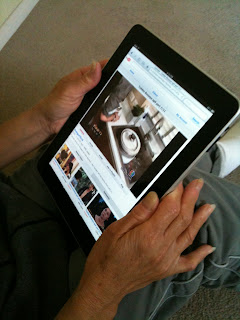Eggs: Cage Free vs. Free Range vs. Organic

If you're looking for organic eggs, the egg cooler in the grocery store can be intimidating and confusing. There are cage-free eggs, free-range eggs, organic eggs...What's the difference?
Fitness magazine gives a very succinct explanation:
Free-range means the chickens are raised with some access to the outdoors, and cage-free means they live in an open room so they can stretch their wings. Neither label is well regulated for eggs, so I look for USDA-certified organic. These are guaranteed free-range and are often cage-free, plus the birds get organic feed, so the farmer doesn't use hormones, antibiotics, or grain grown with toxic chemicals.
Wikipedia explains:
Significant differences cover feed, medication, and animal welfare. Organic hens are fed organic feed - which is the main factor in improving taste, nutrition and health benefits of the eggs; it is prohibited to feed animal byproducts or GMO crops - which is not discontinued in free range environments; no antibiotics allowed except in emergencies (in opposite to free range, which implies usually the same levels of antibiotics as factory farming); guaranteed animal welfare standards in organic farms, which also improves the quality of both the eggs and the meat - low stress levels lead to superior quality of animal products...
Now that I know the differences, I'm definitely going to seek the organic and free-range eggs. All beings should have sunlight, don't you think? And, all beings should eat natural food, yes?

















